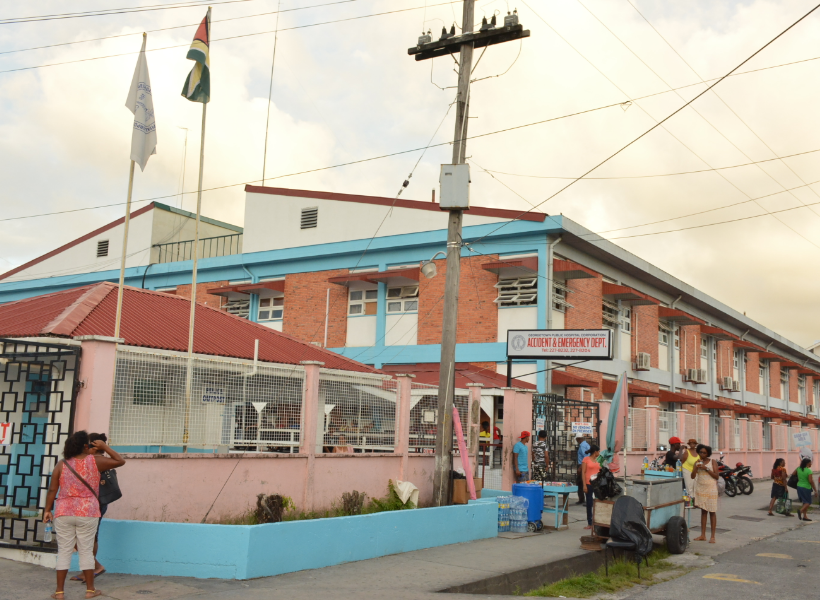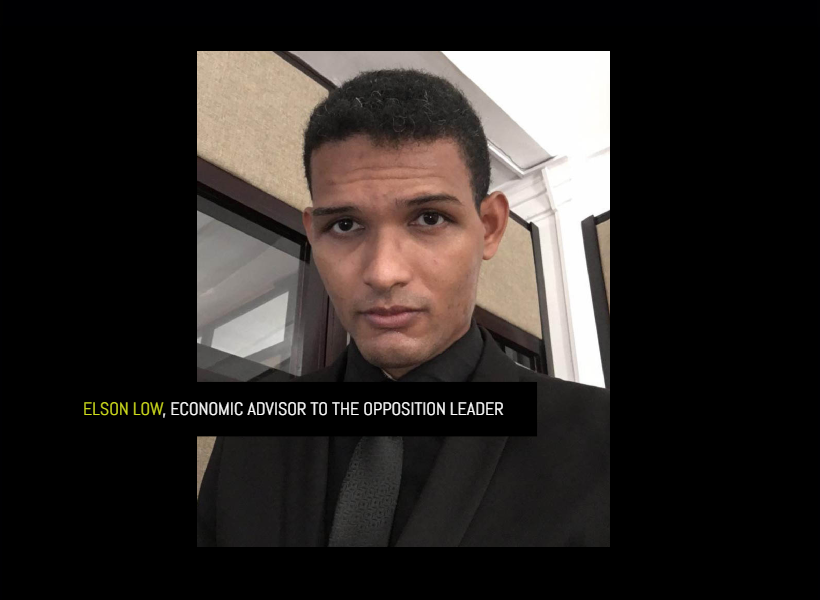The Economic and Youth Policy Advisor for the opposition, Elson Low, has criticized Vice President, Bharrat Jagdeo’s announcement that the government intends to fast-track the oil industry for at least 15 years. Low claims that such an action would lead to massive revenue losses and leakage that are essential for the development of the people of Guyana.
During his speech at the recent Local Content Summit, the Vice President disclosed that the People’s Progressive Party (PPP) Government plans to take several measures to maintain the oil industry’s fast pace for a minimum of 15 years. This includes the timely award of production licenses and increased encouragement of investments in the sector. The VP stated, “All that we are doing is to sustain the level/(momentum) and we will do so aggressively and unashamedly to sustain high levels of activity for a minimum of 15 years. That means licensing new FPSOs (Floating, Production, Storage and Offloading) vessels, consistently encouraging investment, and going out, as we have done, to an auction in a manner that could potentially have a minimum of five different investors in the basin.”
Low, in addressing Jagdeo’s statement at the Opposition’s press conference, suggested that instead of trying to fast-track the industry, the government should focus on developing a strategy to phase out the development of new projects in the Stabroek Block gradually. This he reasoned, would enable Guyana to increase its revenue through higher profit oil. Currently, the 50/50 split earns Guyana only 12.5% of oil revenues, a percentage that seems unlikely to change under the ongoing oil rush. However, with five FPSOs already approved, the country is well-positioned to seek a larger share of the profits, he claimed.
Furthermore, the economist posited that the government should allow the 25% profit oil to increase, resulting in the 50/50 split earning Guyana more than the current 12.5%. To achieve this, he said they must first negotiate with Exxon to strike a balance between expenditures and revenues that will allow Guyana’s share of profit oil to increase gradually and quickly from 12.5%. Low also emphasized that expert technical advice must guide these talks to arrive at the best-fit decisions based on the oil giant’s cost recovery statements and expenditure forecasts for exploration, development, and production.
It is noteworthy that the PPP government has stated on several occasions that it will not renegotiate the 2016 Production Sharing Agreement (PSA) with ExxonMobil and the Stabroek Block co-venturers. However, the government has drafted new model PSAs to govern the nation’s deep and shallow water concessions, which are said to possess more benefits for Guyana.









